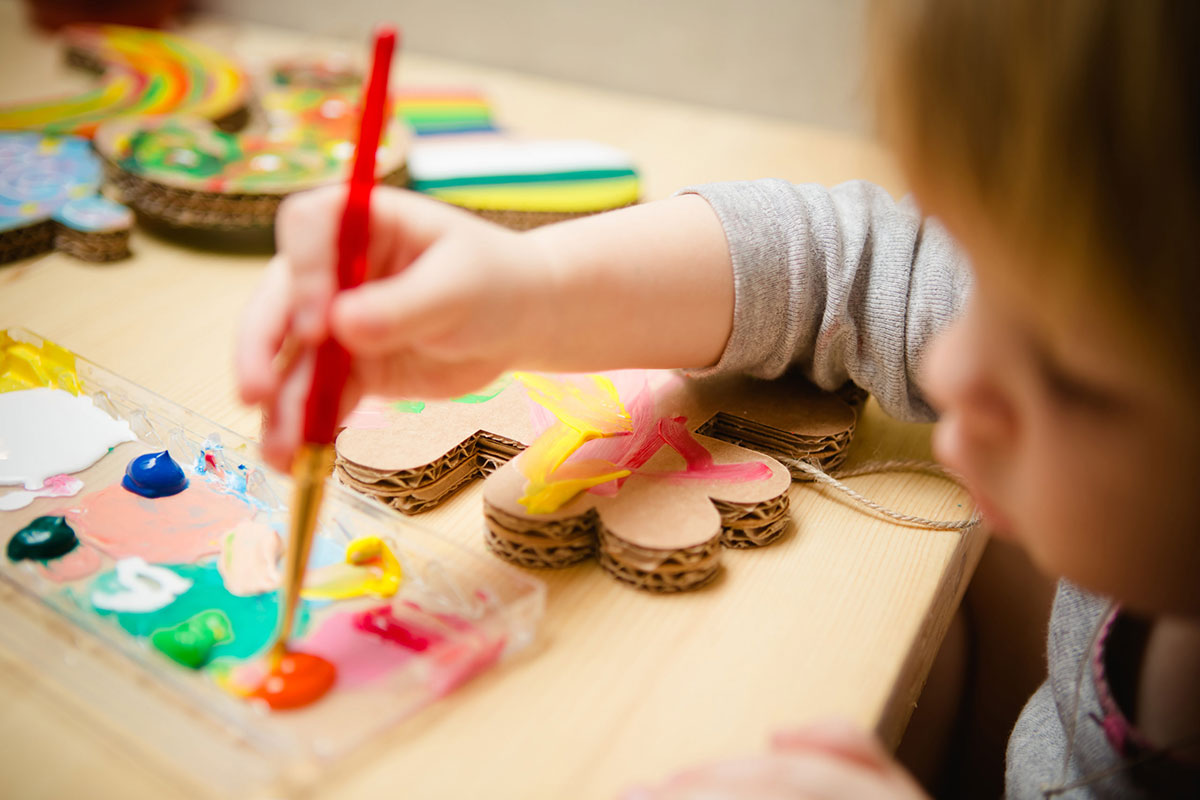

So what day of self-isolation are you and your family on now? For the team at Kids Mile High, it’s been a few weeks since we had to close our doors due to the current COVID-19 crisis. We really miss seeing all our patients’ smiling faces, but we also appreciate this rare opportunity to spend extra time at home with our families. That said, it can take some time to adjust to having your kids home all day, every day. Finding creative, fun, engaging activities can be easier said than done.
As your Englewood, Central Park and Thornton pediatric dentists, we care about more than your children’s oral health. We want to make sure they’re happy, healthy and thriving in all aspects of their lives. That’s why we put together this list of fun, kid-friendly art projects that you can do at home. You probably already have everything you need on hand. Ready to help your kiddos release their inner artist? Check out these awesome art ideas for kids.
-
Create a Blow Paint Monster
Whether you’ve got toddlers at home or fifth graders, this is a fun art project for kids of all ages. Blow painting is super easy (as long as you teach your kiddos to blow instead of suck the paint through the straw!) and lets your kids show off their creative side. To create your very own blow paint monster, all you need is watered down paint, a container and spoon for each color, large sheets of paper, straws and a permanent marker.
First, use the marker to draw (or have your child draw) a monster’s face on the page, making sure to leave enough space around your monster. Then spoon a few drops of your chosen color of paint onto where you want your monster’s hair to be. Now the fun part: grab your straw and start to blow on the paint. The paint will go wild, swirling and twirling on the page, to create a wacky, crazy hair-do for your monster. When your child is happy with his or her creation, lay it flat to dry. And then make another one (or two, or three…).
Tip: To avoid accidentally ingesting any paint, we recommend using food coloring and water instead of real paint.
-
Make Your Own Paintbrushes from Nature
Want to elevate your kids’ at-home art projects? All you need is a little touch of nature. Take your kids for a walk outside and encourage them to grab some sticks, pinecones, evergreen leaves, or whatever they can find. Maybe you’re fortunate enough to have beautiful trees right in your own backyard! The sticks will become the handle for your natural paintbrush and the leaves will become the bristles. Layer the leaves around the end of the stick to create a good-sized brush, and then secure using a bit of string. All you need now is some paint and a canvas. Set your child up with a large sheet of paper, a few color options, and let them loose. You’ll be amazed at how something as simple as leaves and twigs can create such beautiful art.
-
Grow a Paper Flower Garden
Now that spring has finally sprung, what better way to entertain your kids at home than by creating a beautiful flower garden? A paper flower garden, that is. This simple, fun craft for kids only requires a few supplies. Here’s what you need: regular printer paper, colored paper, straws (preferably green ones!), scissors, a glue stick and clear tape.
Start by cutting a circle out of colored paper for the center of your flower. Then use a different color to cut strips of paper and glue them into loops. Then glue the loops to one side of the circle, and voila: you have flower petals. Then glue the straw to the center of your flower to create a stem and secure it with tape. And that’s it! Make a few more flowers using different color combinations until you’ve got a pretty garden. Read these detailed instructions for this fun paper flower craft for helpful tips.
-
Get Creative with Painted Rocks
Looking for a super easy art project for kids that also encourages them to get outside? Painted rocks are the perfect solution. Send your kids on a rock hunt for the smoothest, shiniest rocks they can find. Big rocks, small rocks, medium-sized rocks — anything goes! Once they’ve gathered up enough rocks of various sizes, it’s time to get painting. Small rocks could become ladybugs or bumblebees. Bigger rocks could turn into turtles, crazy patterns or anything your little ones can imagine. After the painted rocks have had a chance to dry, you could display them throughout your garden to give your yard an artsy boost, or share them with the community by dropping a few “Hello, stay safe” rocks on the side of the road when you take your walk for the day. (Take care not to put in the street which could create a hazard)
There’s a lot going on and we’re all adjusting to a new normal right now, and it can be tough to keep your kids busy when they’re at home full time. Try to remember that while the days are long, the years are incredibly short. So let’s all enjoy this extra time with our kids while we have it and create fun, beautiful art projects together. Before you know it, life will be back to normal. At Kids Mile High, we’re already looking forward to seeing you.



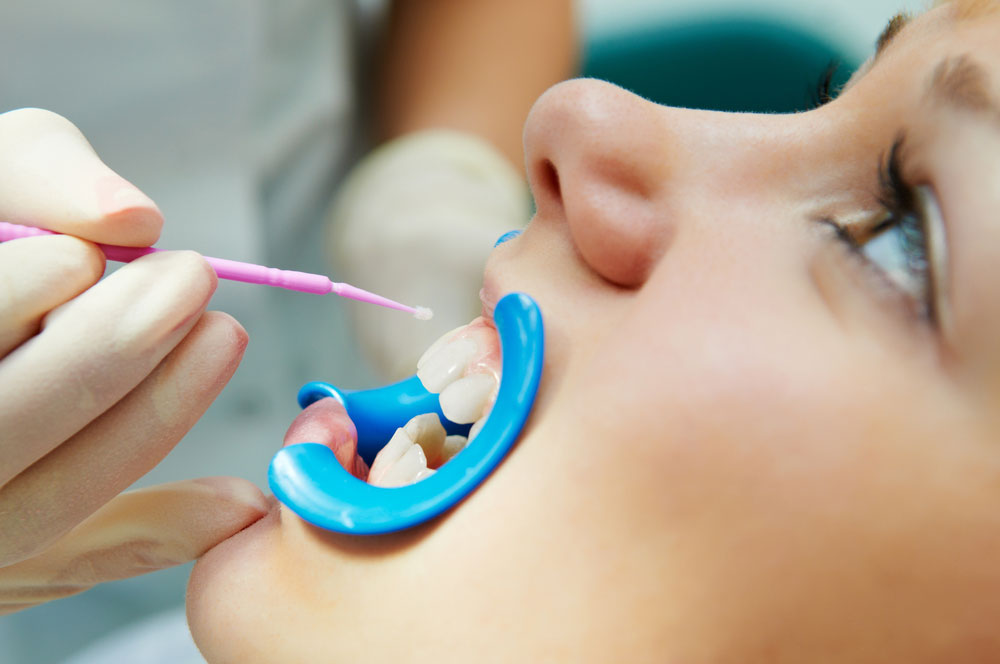
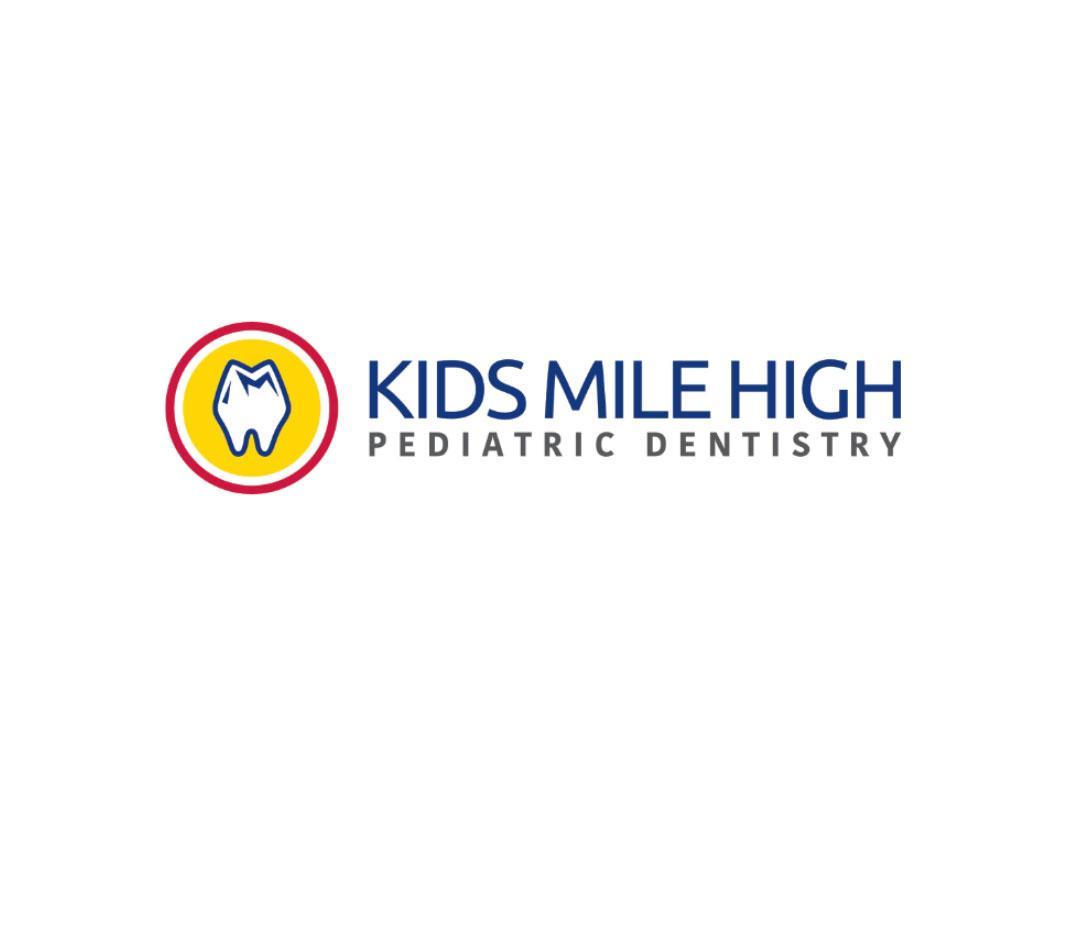
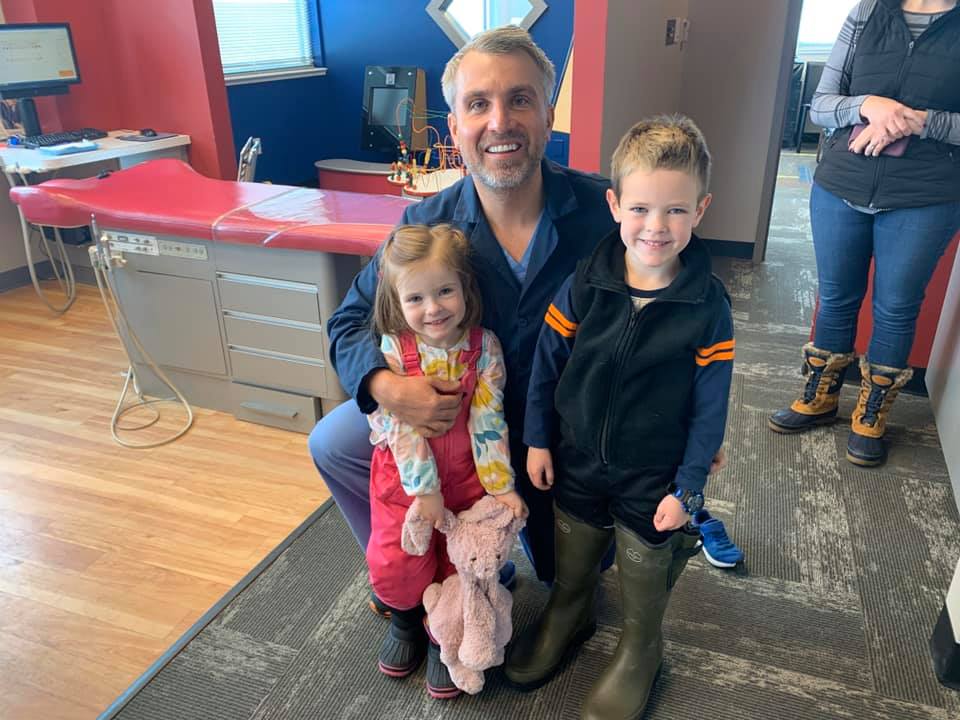
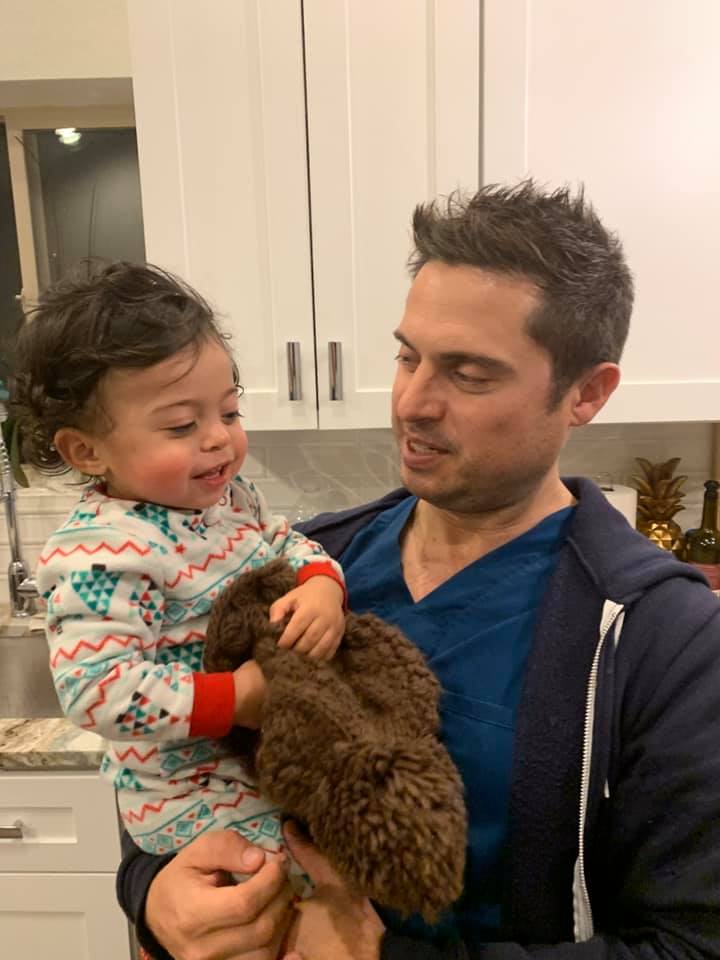
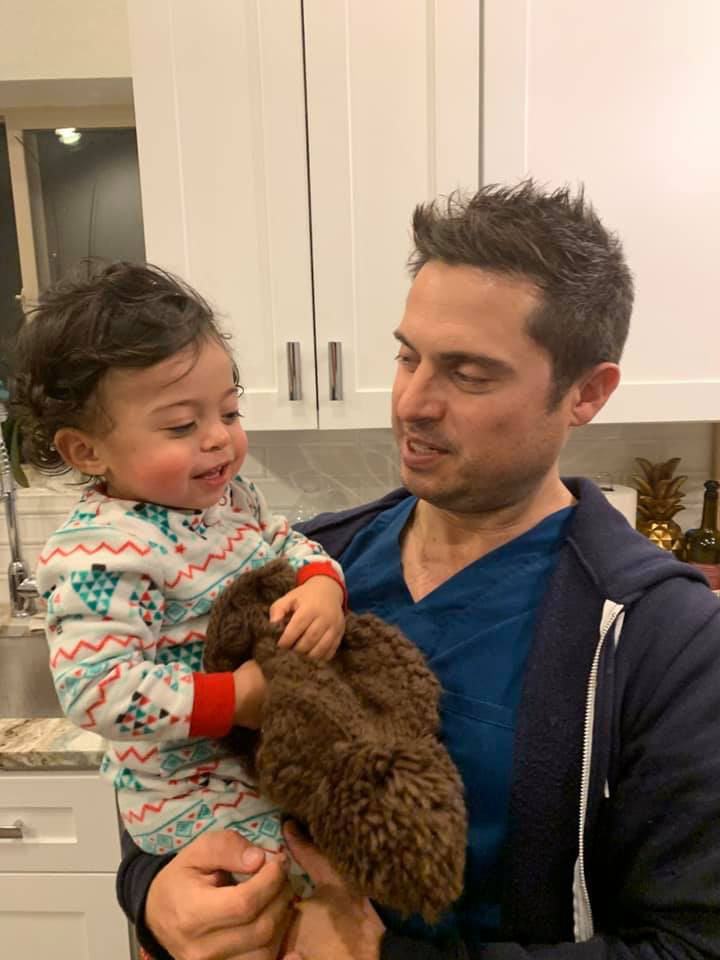
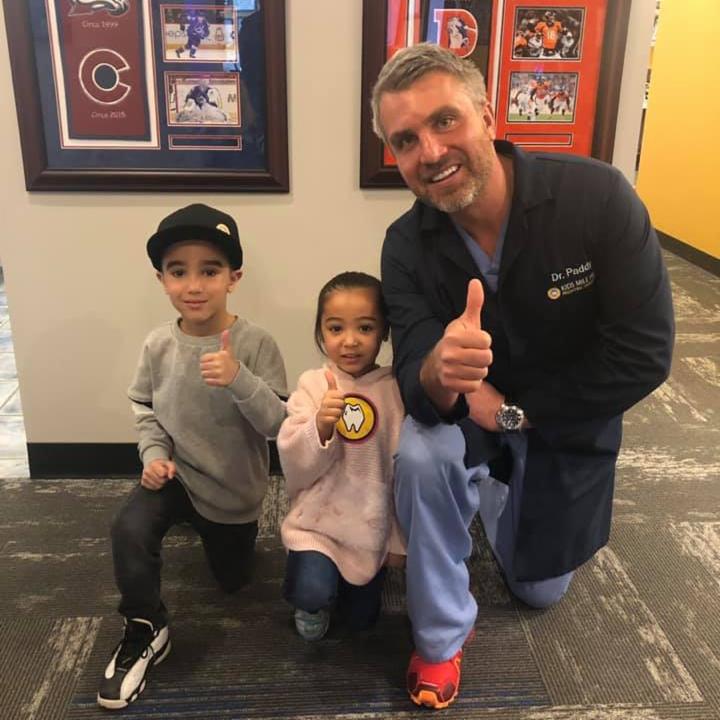



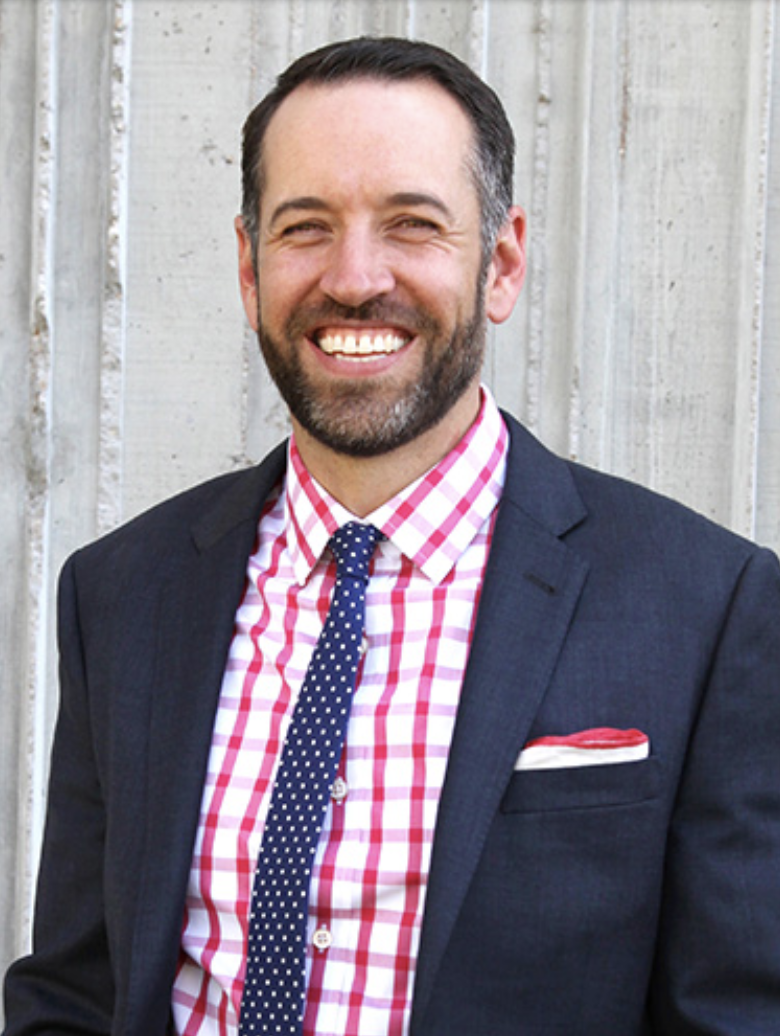
 If you’ve ever visited
If you’ve ever visited 
